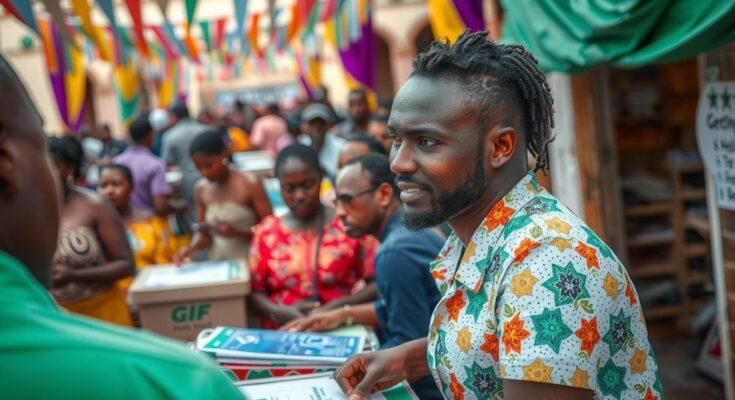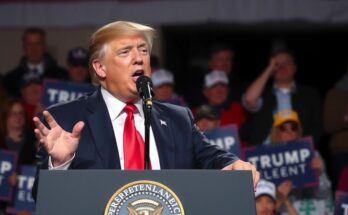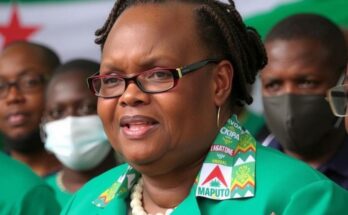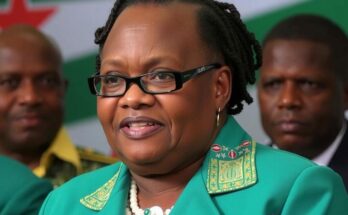Accra’s Odododiodio district braces for a tight presidential election race between ruling NPP candidate Mahamudu Bawumia and opposition NDC candidate John Mahama. Economic concerns, particularly high inflation and unemployment, dominate voters’ minds, leading to divided loyalties influenced by family traditions. Both candidates present contrasting visions for Ghana’s future, intensifying the electoral stakes in this densely populated area.
As Ghana gears up for its presidential elections, the atmosphere in Accra’s Odododiodio district is charged with anticipation. Local residents are torn between two prominent candidates—Mahamudu Bawumia of the ruling New Patriotic Party (NPP) and John Mahama of the opposition National Democratic Congress (NDC). Historical voting patterns indicate a closely contested race in this region, which has seen a significant divide in support between the two parties in past elections. The electorate is particularly concerned about economic issues, including surging inflation and high unemployment rates, exacerbated by global factors like the pandemic and the Ukraine conflict.
During the final rally of the NDC, supporters expressed their enthusiasm and commitment to their respective parties. Young voters like Emmalyn Asiamah voiced their desire for change, emphasizing their family loyalties to the NDC. Meanwhile, seasoned voters like Samuel Laryea championed Bawumia’s candidacy, attributing the economic challenges to external factors rather than party mismanagement. The local economy’s struggles further fuel discussions about accountability and effective governance as the nation approaches the polls.
Both parties present contrasting economic strategies aimed at improving livelihoods. While Bawumia promotes continuity in free education and health initiatives alongside a digitalization agenda, Mahama underscores the need for a “24-hour economy” to bolster job creation and productivity. Observers note that regional dynamics and generational ties play a significant role in voting decisions, with many citizens remaining loyal to family traditions in their political affiliations. As election day approaches, the focus shifts to how these factors will influence voter turnout and outcomes in one of the nation’s most pivotal districts.
The upcoming presidential elections in Ghana represent significant political stakes, particularly in urban centers like Accra where competition between the two main political parties, the NPP and NDC, is historically fierce. This election occurs in the context of serious economic challenges following a debt default and high inflation rates. Ghana’s economy has been a central issue of debate among the electorate, with the ruling party’s management facing scrutiny. Voter sentiment appears impacted by both economic performance and long-standing party affiliations, reflecting deep-rooted political loyalties within communities.
In conclusion, the elections in Accra’s Odododiodio district are shaping up to be intensely competitive, underscored by varying economic narratives and longstanding party affiliations among voters. With considerable economic challenges influencing the electorate’s choices, the outcome remains uncertain. The rivalry between Mahamudu Bawumia and John Mahama reflects broader national concerns about governance, economic recovery, and the future direction of Ghana’s democracy. As residents prepare to cast their votes, the complex interplay of historical allegiances, economic hardship, and hopes for change will play pivotal roles in determining Ghana’s leadership.
Original Source: www.seychellesnewsagency.com




